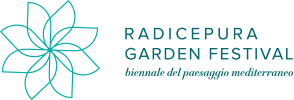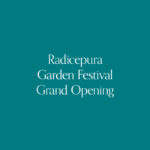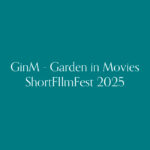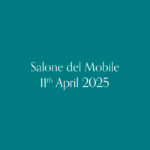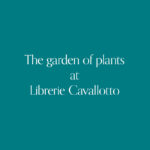The garden “Micro to Macro” invites visitors to reconsider their relationship with the urban environment. Therefore, the installation is a laboratory providing a sample that could be experimented with in the city of tomorrow.
Micro to Macro follows the evolution of plants through three phases: the limited landscape, the liberated landscape, and the extended landscape. This creates a sequence of areas colonized by nature and offers a space to observe the process of territorial restoration. Every hole, every crack, and every gap is conquered by plants, and biodiversity is created. Supported by natural elements like water, air, and sunlight, the energy of the plants restores the soil, making it fertile and useful. Thus, the micro becomes macro.
As visitors enter the garden, they will experience a multitude of sensations. They will walk through the garden on a central path that transforms as they walk. First, they will enter a smooth mineral square, where the vegetative soil and plants are limited. Due to the concrete, it will feel warm. Gradually, cracks appear, and plants break through the concrete, splitting the ground and creating basalt gravel characteristic of Mount Etna. Among the ruins of this square, the plants grow larger. Because of the porosity of the soil, plants thrive and guide visitors to the final room of the garden, where they are invited to rest in the shade of the trees, escaping into an environment of lush, colorful, and fragrant vegetation.
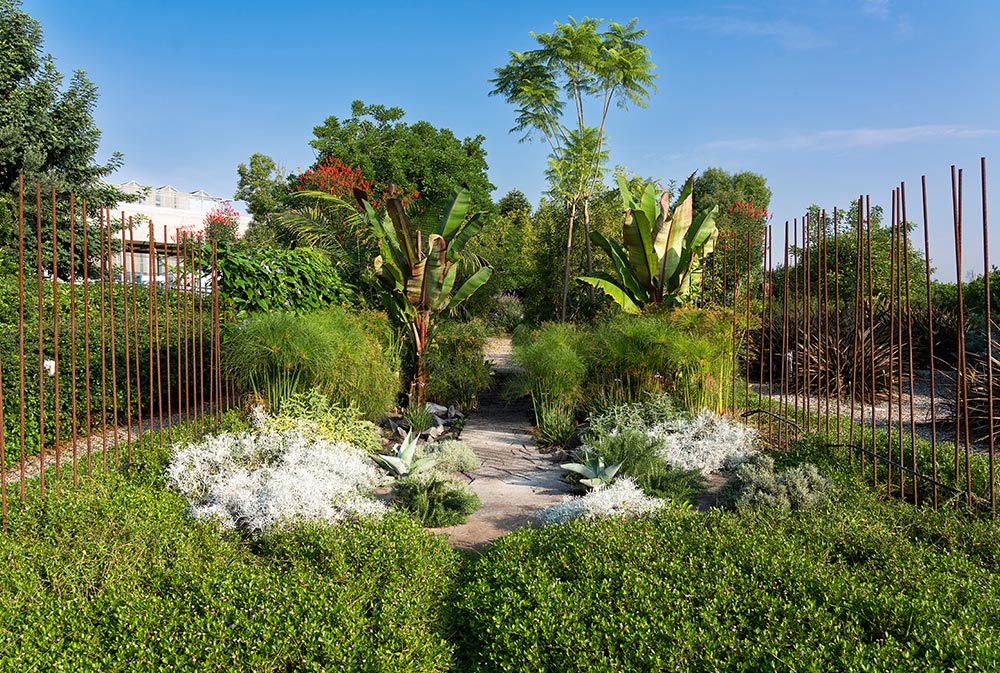
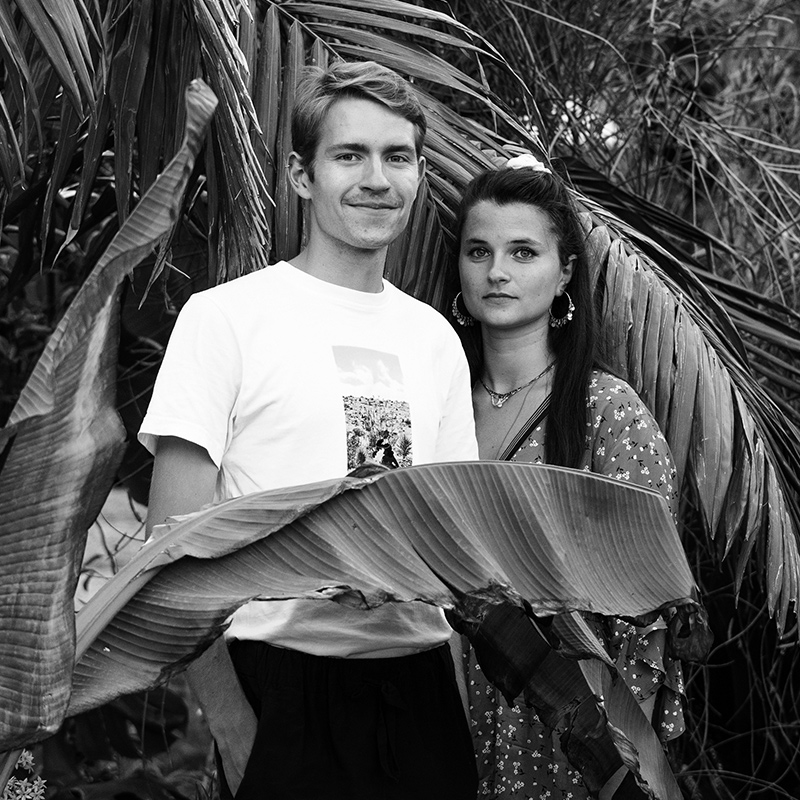
Ainhoa Elissalde and Virgile Haëck, students of the Bordeaux Landscape School, have been collaborating since 2016. Ainhoa, who grew up in the Basque Country, studied in Chile and currently collaborates with the Landlab studio in Barcelona. Virgile, raised in the Arcachon Basin, is passionate about Mediterranean flora and island landscapes. Both share a poetic vision of landscape architecture, where the history of a place and the stories derived from it form the foundation of the project, which becomes a synthesis of people, vegetation, and environments.

